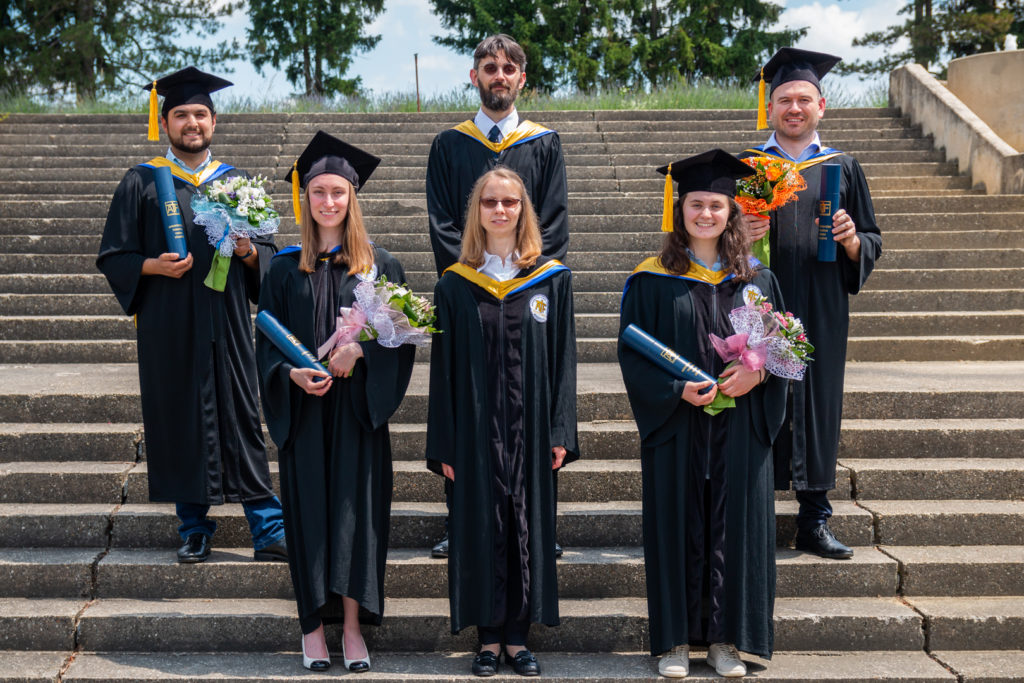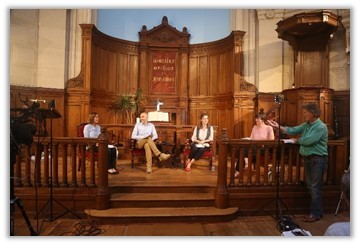Although, thanks to this spring’s pandemic, classes at Adriatic Union College had to adapt to the strict measures of social distancing, they continued and were finally completed as planned. However, it was evident early on that one MTS and four BA graduates would have to abandon their dream of a beautiful graduation ceremony.

These new circumstances were especially unfavourable for BA graduates who were in the process of writing their extended essays, as the crown of their theological development. However, the students took the challenge seriously and managed to complete four high-quality essays that could be very useful to the wider church community. Markelian Frasheri (Albania) was formulating a biblical theology of church according to Acts 1:1-21:16. Grace Boughner (America) was doing a critique of moral influence theory based on Genesis 1-3. Dominik Ljubić (Croatia) was exploring the mechanism of Saul’s ruin based on the narrative analysis of 1 Samuel 9-31. Ivana Šadek’s (Croatia) topic was Return to Eden: A biblical evaluation of scientific and theological answers to the 21st century ecological crisis.
As the students worked diligently to meet their obligations, the situation with the pandemic calmed down and the conditions were met to hold the graduation ceremony on Sunday 14 June. We are especially grateful to God for making our dream of a beautiful, heartfelt and God-filled graduation a reality. It also turned into a great mission event followed by a significant number of people through the media. We are grateful to God that we were able to send off our graduates further into life and ministry in a joyful and dignified manner. May God, who helped them to become better people during their education, use them as his extended hand that would make the world a better place and bring many to the precious knowledge of gim.
